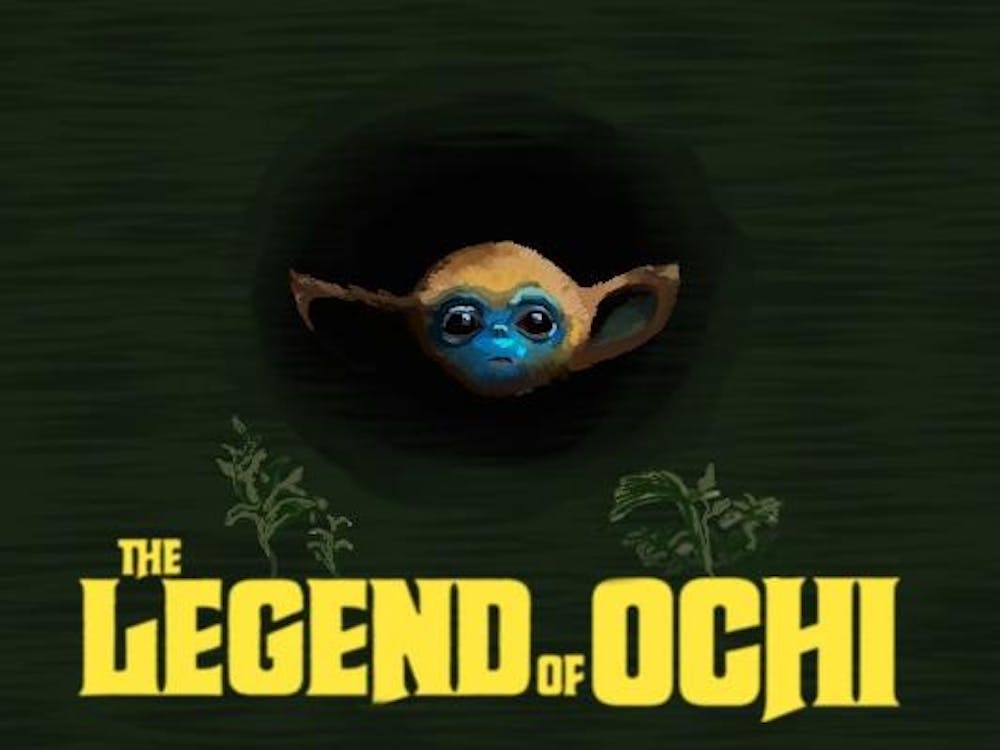Since the initial release of “A New Hope” back in 1977, George Lucas’ beloved franchise has never truly left the mainstream. Kept alive by blockbuster films, spin-off novels dedicated to building up the larger universe and arguably too much fanfiction, the world of “Star Wars” is a tenant of contemporary pop culture. It’s easy to buy into, and addictive once you do — especially for those who have known and loved the films from a young age.
With the announcement and subsequent release of the newest “Disney-fied” trilogy, skepticism about the quality of the upcoming generation of films was held by many a dedicated Star Wars fan — myself included. Having been along for the ride for the past four years, witnessing the stumbling blocks, wild successes and tragedies that have befallen the franchise in this vulnerable stage, it’s safe to say that even though it was a bumpy road, the series (in true Star Wars fashion), has somehow managed to come out on top.
The outlook for the conclusion of the trilogy, “The Rise of Skywalker,” was questionable at best, considering the mixed reviews of the preceding film “The Last Jedi,” the directing reins returning to JJ Abrams of “The Force Awakens,” and the need for significant restructuring after the 216 death of Carrie Fisher, the legendary actress who played Princess Leia. Despite all the odds stacked against it, the resulting film stands out as one of the best in the franchise, pulling together all of the confused and dangling threads in a way that isn’t just good — it’s familiar. Between the cheesy yet lovable dialogue and the confirmation that yes, lightsabers do work under ocean water, “The Rise of Skywalker” brought us back to the formula tried and true by the originals — building off of what was already loved about these movies and creating something equally exciting.
When considering where this film managed to go right where others — notably, the infamous prequels and “The Last Jedi” — went wrong, the most significant difference is the control “The Rise of Skywalker” managed to maintain. “Star Wars” has always asked the audience to be on board with a lot — the moving parts and numerous simultaneous storylines are not new to the most recent films, but what gets lost in many of the adaptations is the control directors have over where those stories focus. “The Rise of Skywalker” director JJ Abrams is no stranger to the franchise, having also directed the first movie in the trilogy, and with him at the helm again, the difference was clear.
The plots in “The Rise of Skywalker” are confusing and often, quite frankly, make no logical sense, but the character development and emotional accessibility are consistent throughout. Sound familiar? The original trilogy put its focus on these same core elements, which are what allow the audience to accept the more outlandish plot points. In “The Empire Strikes Back,” Luke Skywalker falling out of a floating building directly onto his friends’ ship, having never told them where he is, isn’t as affecting as the revelation that Darth Vader is his father. Coincidence is all chocked up to the Force, and the arc of the films are driven by the emotional connection we feel with the characters, who are tested by interspersed, revelatory details.
Looking at the most recent trilogy as a whole, this connection is established fairly well in “The Force Awakens” but in “The Last Jedi” it gets completely lost. Despite the impressive technological feats and consistently strong performances by the lead actors, the film flopped comparatively because of its heavy handed emphasis on plot and cinematography rather than accessible character development. “The Rise of Skywalker,” however, returns to the pacing and structural emphasis of the originals — the first in the series to do so with so much success. Though it isn’t groundbreaking in terms of cinematic evolution, it is successful because it captures the spirit of “Star Wars” — it’s fun, cheesy, easy to predict and allows the characters to be motivated by loyalty to each other. To quote returning character Lando Calrissian — “We had each other. That’s how we won.”
“The Rise of Skywalker” “wins” in the same sense because it adheres to the unique way the franchise has always approached large-scale, intergalactic conflict — with wisecracking, friendship and some serious lightsaber battles. Additionally, this particular film raises the stakes beyond those of previous “Star Wars” adventures, even within the same trilogy, by amping up the technological strength of the “Star Wars” universe. The plot mirrors the structure of the originals, but it takes new risks and expands the imaginative scope of the galaxy far, far away without making us feel that incredible distance. In this sense, as well as in the casting and theme choices, “The Rise of Skywalker” shows that the “Star Wars” universe has grown up. “The Rise of Skywalker” is still the same old “Star Wars” we know and love, but with a fresh face — a film with the same spunk and joy that makes it attractive to fans both old and new.







